Show Review: Aural Justice for Bmore at Sonar
 It was about a year or two ago when French electronic duo Justice was making it’s first US tour. Philly was the closest they were coming to Baltimore, and The Rapture was the opener for that night to boot. I never made it to that show, and I’ve since been wondering what I missed that night.
It was about a year or two ago when French electronic duo Justice was making it’s first US tour. Philly was the closest they were coming to Baltimore, and The Rapture was the opener for that night to boot. I never made it to that show, and I’ve since been wondering what I missed that night.
Sure, I knew Justice would come around again, but that special aura of being one of the relative few in the know about the newest Parisian kids making dance music would be gone. Since that time my interest in Justice has waned a little. It was a brief, and intense affair with a hot young thing, but after the Alive 2007 tour I realized my true French love was still the veteran Daft Punk. But isn’t it French custom to keep a mistress?
Though my passion for Justice cooled, the media hype around the group has grown. Fueled by a very successful myspace page, some MTV spots, and a music press core that foams at the mouth over any combination of hip young Parisians, funky analog synth techno/electro, and a killer live show. Not to say the group doesn’t deserve the attention, just that those factors don’t hurt.
Sunday night was going to be my chance to finally get to see if Justice lives up to the hype. It was also the first time in about a year that I went back to Sonar.
I got off work late, so I was only able to catch the final 20 minutes of DJ Mehdi’s set. He’s an Ed Banger labelmate of Justice. His production and remixing skills are solid, but from what I saw of his set, his mixing is so-so. But take my assessment with a grain of salt. Usually when I’m judging DJs I’m looking for the so-called DJ’s DJ, something of a purist. Someone for whom technical proficiency and record selection come first and foremost, and the waving of hands in the air and other “crowd interaction” moves are simply not done because the DJ is too busy mixing. I guess Richie Hawtin would be the prime example. DJ Mehdi spent much of his time away from the mixer dancing around stage. Don’t get me wrong; he was a very good dancer. I wish I could move like that, but that’s time that could have been spent EQing the track, or filtering it for effect. Another Aural States staffer made the very good observation that Mehdi would make a great dance night DJ—“I hope the Taxlo guys are taking note,” he said.
The crowd seemed to enjoy the shtick though. They went crazy when Mehdi dropped a Bloc Party track coming out of a breakdown of a women moaning preceded by some acid tinged techno. Someone held a Tunisian flag aloft. Though born in Paris, Mehdi’s ethnic background is of that Northern African country. Mehdi took the red flag with white crescent moon and draped it over the table supporting his equipment. I had the quick thought that being black and/or Muslim in France must suck. But being black and French in most other countries, especially America, means you’re instantly cool without even trying. Apparently Uffie’s sister, Fafi, agrees as she is dating Mehdi.
After DJ Mehdi’s last track stagehands quickly set up a large bank of equipment center stage flanked by Marshall stacks. Smoke began to fill in from behind stage. The lights cut out save for blue light behind the stage. Gaspard Auge and Xavier de Rosnay took the stage and began a grinding, gritty, distorted synth build up. When it peaked, when the audience was ready, the beat dropped. Yellow flood lights behind stage flared, and the fabric draped over the table supporting all the equipment was pulled away revealing a bank of analog hardware and Justice’s trademark cross sitting in the center.
Here I want to pause and discuss Justice’s adopted symbol. I’ve never heard an explanation why a cross was chosen, but it really works. I mean everyone already knows what it is, and to have a room full of people facing a flashing cross with arms in air, palms toward heaven lost in a moment of ecstasy sends a pretty strong message. For some reason electronic music, especially rave, abounds in spiritual/religious components. You’re overwhelmed with the DJ-as-savior metaphor. I think all those trance DJs of the late 90s and early 00s who thought of themselves as gods, but they never actually put a cross onstage (by the way what’s the difference between God and Oakenfold? God doesn’t think he is Oakenfold.) I’m sure Justice is using the cross in a very ironic tongue-in-cheek way (not usual for the French), but still the intended message is clear. It is also interesting when you factor in that the opener Mehdi is a alternate spelling of Mahdi, the Sufi and Shia Muslim messianic figure.
Justice’s set was phenomenal. Their sense of pacing, the tension and release created between tracks was spot on. It’s such a cliché to talk about music as a journey (I think of that sample at the beginning of Coldcut’s 70 Minutes of Madness—“This is a journey”—said in British accent), but it was clear Gaspard and Xavier knew where they wanted to take the crowd, and how to get there. This is the sign of skilled DJs; they have the arrogant confidence that they can reach the crowd on an almost psychic level and toy with them. They get the crowd to do what they want.
But one of the disappointments of the night was that you couldn’t actually see what Justice was doing. I guess you can’t really call it a DJ set, as I assume they weren’t playing vinyl or CDs. The equipment set up was analog, but the effects being applied were obviously digital. I think I spotted a laptop sitting behind the cross. Sound synthesized on hardware and sequenced with software? I wish I knew for certain. It was in another interview on this website that someone said that when seeing an electronic music performance you take it on faith that the performer isn’t just pushing play.
It was also in an untapped segment of that interview that the Chemical Brothers were brought up at length. And I actually thought of the Chemical Brothers during the Justice set. The crowd was actually a hodgepodge of all types, but most, and I’m generalizing, most didn’t seem to fall into either the hipster set, or the techno head faction. I saw a lot of watered down styles and trends, not the original. Not a value judgment, just an observation. There were a fair number of guys that while may not technically be in frats, definitely seemed to enjoy beer, visors, and collared shirts. Again, not to say people like that can’t appreciate Justice’s music. But those were the same types of people in the 90s going to Chemical Brothers shows. I get the distinct feeling that those types weren’t at that show in Philly I never made it to, the one I still regret not seeing.
Related posts
- Show Review: Justice at Sonar, Baltimore MD, take two…Baltimore tried its hardest to become Ibiza or Miami with...
- Preview: Aural States Fest II @ Sonar Club Stage/the Talking Head (2010.01.30)[Audio clip: view full post to listen] MP3: Pontiak –...
- The Death Set, The Old Haunts @ Sonar (TaxLo 6th Anniversary)This intrepid writer busted his foot while at this show....
- Wye Oak @ Sonar (Review & Entire set audio)Sonar’s club stage was well-packed for a Sunday night. The...
- Photos / Video / Live Review: Mos Def, Talib Kweli, Jay Electronica @ Sonar (2009.09.16)All photos: Josh Sisk Full set here I have always...





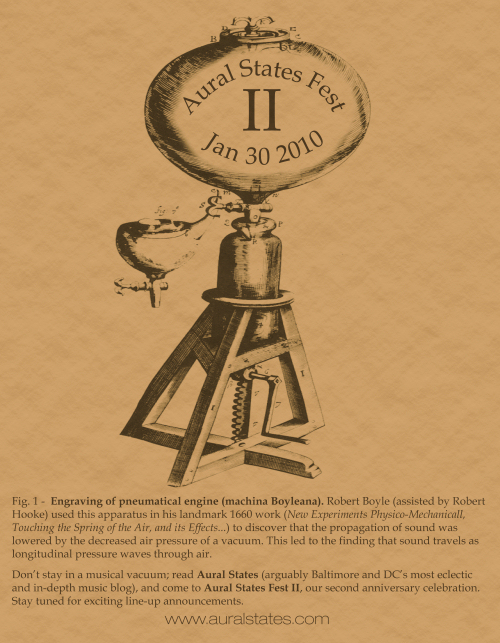
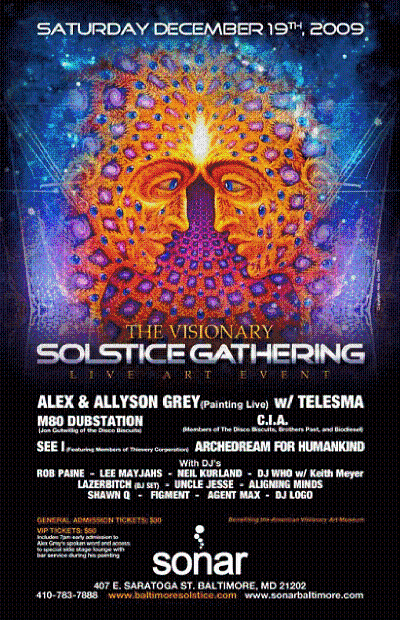









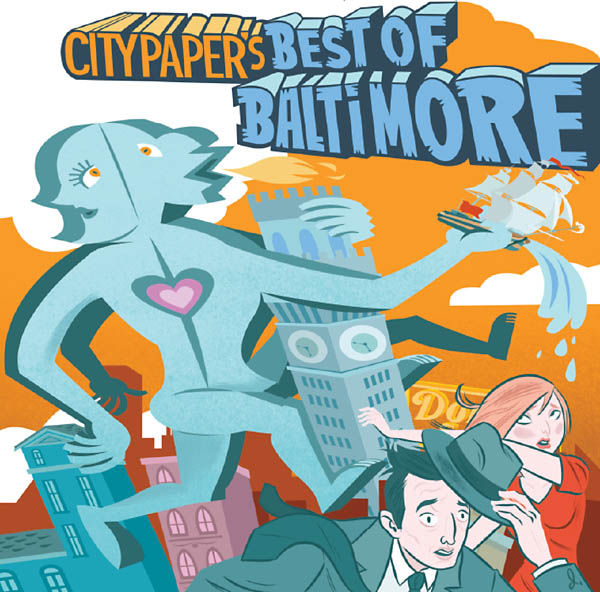
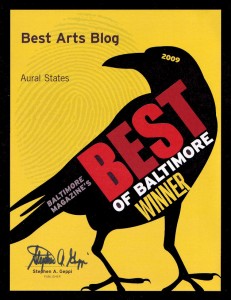


 Double Dagger: Masks EP
Double Dagger: Masks EP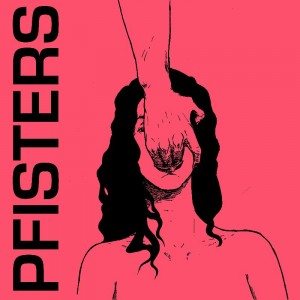 Pfisters: Narcicity
Pfisters: Narcicity Lizz King: All Songs Go To Heaven
Lizz King: All Songs Go To Heaven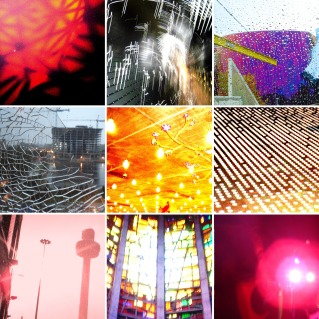 Imperial China: Phosphenes
Imperial China: Phosphenes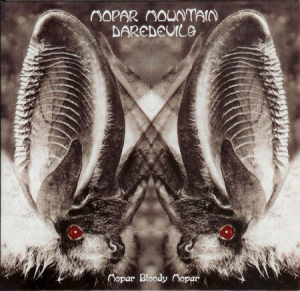 Mopar Mountain Daredevils: Mopar Bloody Mopar
Mopar Mountain Daredevils: Mopar Bloody Mopar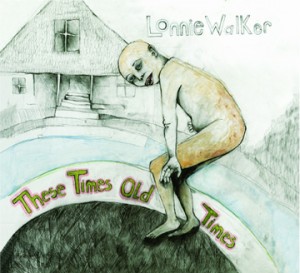 Lonnie Walker: These Times, Old Times
Lonnie Walker: These Times, Old Times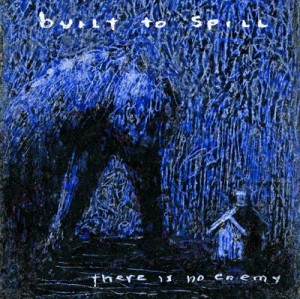 Built to Spill: There Is No Enemy
Built to Spill: There Is No Enemy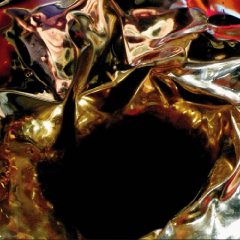 Hypnotic Brass Ensemble: Hypnotic Brass Ensemble
Hypnotic Brass Ensemble: Hypnotic Brass Ensemble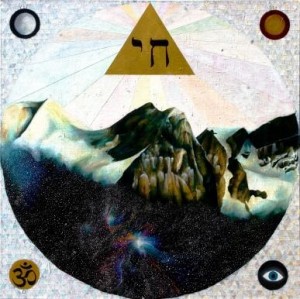 Secret Mountains: Kaddish EP
Secret Mountains: Kaddish EP Bela Fleck: Throw Down Your Heart: Tales From the Acoustic Planet, Vol. 3 -Africa Sessions
Bela Fleck: Throw Down Your Heart: Tales From the Acoustic Planet, Vol. 3 -Africa Sessions Lands & Peoples: Lands & Peoples EP
Lands & Peoples: Lands & Peoples EP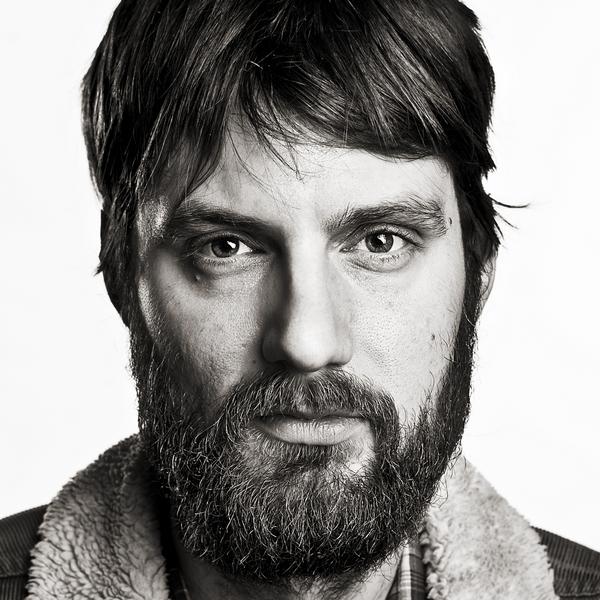 Caleb Stine: Eyes So Strong and Clean
Caleb Stine: Eyes So Strong and Clean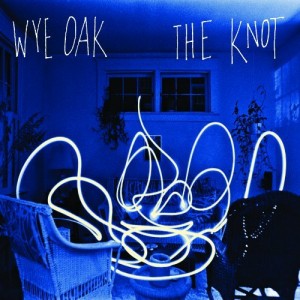 Wye Oak: The Knot
Wye Oak: The Knot Pontiak: Maker
Pontiak: Maker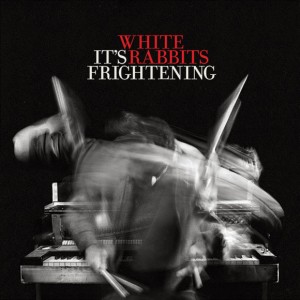 White Rabbits: It's Frightening
White Rabbits: It's Frightening Dirty Projectors: Bitte Orca
Dirty Projectors: Bitte Orca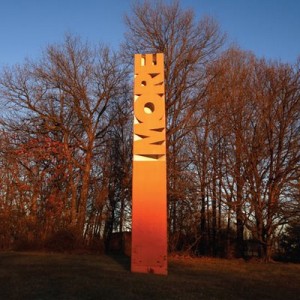 Double Dagger: More
Double Dagger: More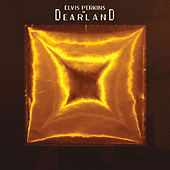 Elvis Perkins in Dearland: Elvis Perkins in Dearland
Elvis Perkins in Dearland: Elvis Perkins in Dearland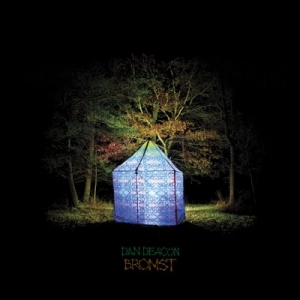 Dan Deacon: Bromst
Dan Deacon: Bromst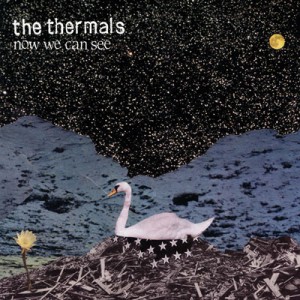 The Thermals: Now We Can See
The Thermals: Now We Can See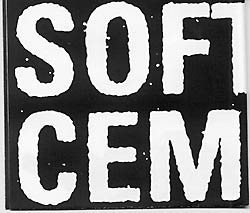 Soft Cement: Think About It EP
Soft Cement: Think About It EP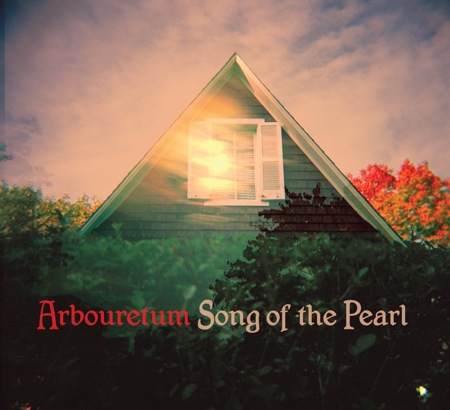 Arbouretum: Song of the Pearl
Arbouretum: Song of the Pearl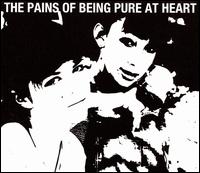 The Pains of Being Pure at Heart: The Pains of Being Pure at Heart
The Pains of Being Pure at Heart: The Pains of Being Pure at Heart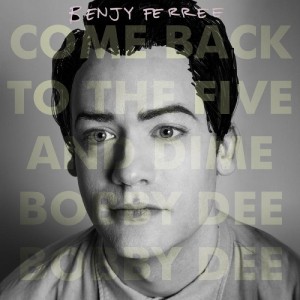 Benjy Ferree: Come Back to the Five and Dime, Bobby Dee Bobby Dee
Benjy Ferree: Come Back to the Five and Dime, Bobby Dee Bobby Dee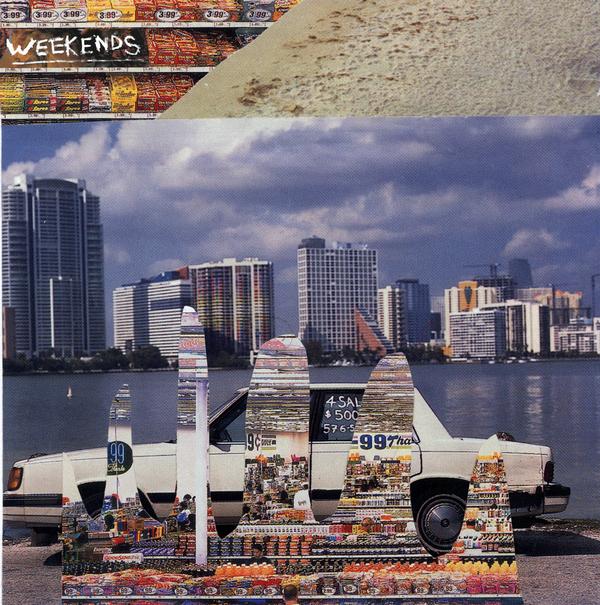 Weekends: Weekends
Weekends: Weekends Height With Friends: Baltimore Highlands 12" LP, Limited-Run Vinyl Only
Height With Friends: Baltimore Highlands 12" LP, Limited-Run Vinyl Only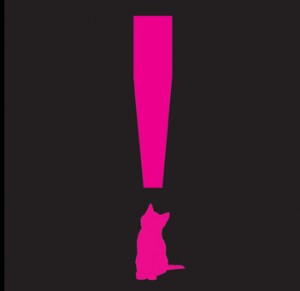 Caverns: Kittens! EP
Caverns: Kittens! EP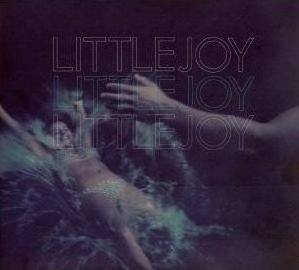 Little Joy: Little Joy
Little Joy: Little Joy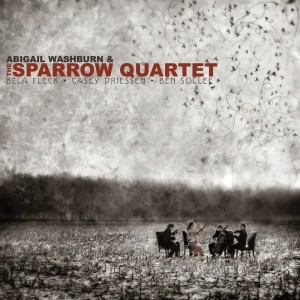 Abigail Washburn & the Sparrow Quartet:Abigail Washburn & the Sparrow Quartet
Abigail Washburn & the Sparrow Quartet:Abigail Washburn & the Sparrow Quartet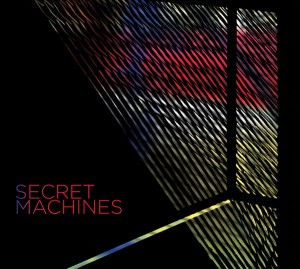 The Secret Machines: Secret Machines
The Secret Machines: Secret Machines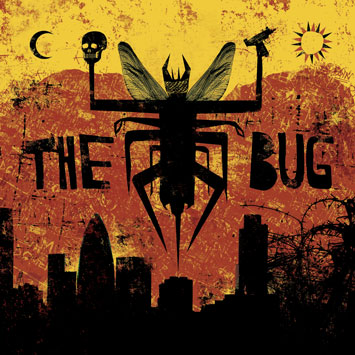 The Bug: LondonZoo
The Bug: LondonZoo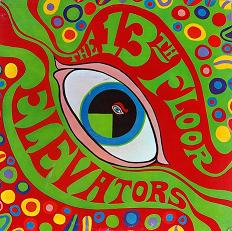 13th Floor Elevators: Psychedelic Sounds of the 13th Floor Elevators (Vinyl Mono LP only)
13th Floor Elevators: Psychedelic Sounds of the 13th Floor Elevators (Vinyl Mono LP only) Arbouretum/Pontiak: Kale (Vinyl LP only)
Arbouretum/Pontiak: Kale (Vinyl LP only) Small Sur: We Live in Houses Made of Wood
Small Sur: We Live in Houses Made of Wood AbeVigoda: Skeleton
AbeVigoda: Skeleton ImperialChina: Methods: EP
ImperialChina: Methods: EP
When asked what the last great book he read was, Xavier de Rosney replied seriously “the bible”, in a Pitchfork interview.
http://www.pitchforkmedia.com/article/feature/43922-guest-list-justice